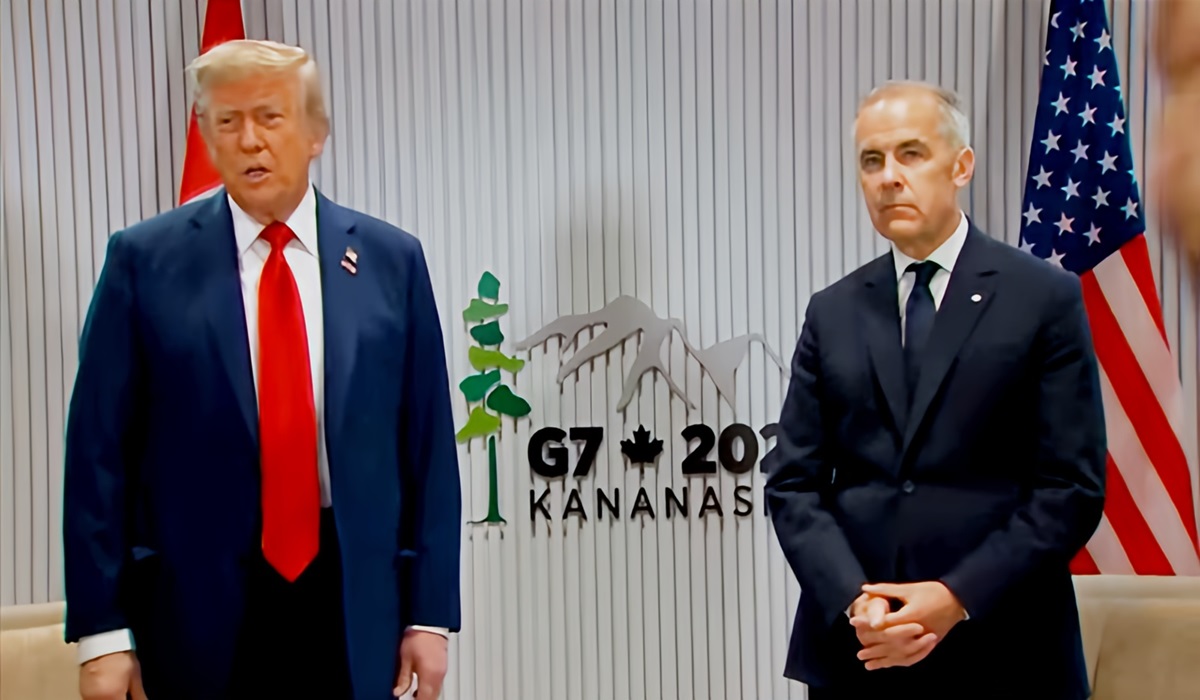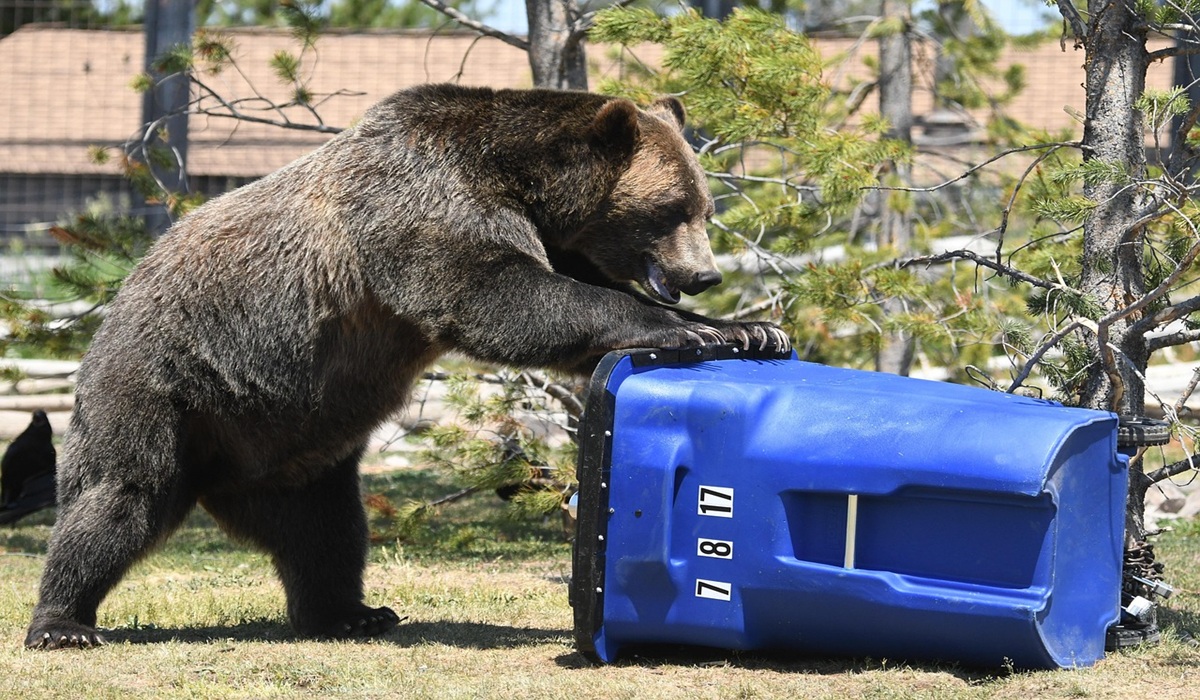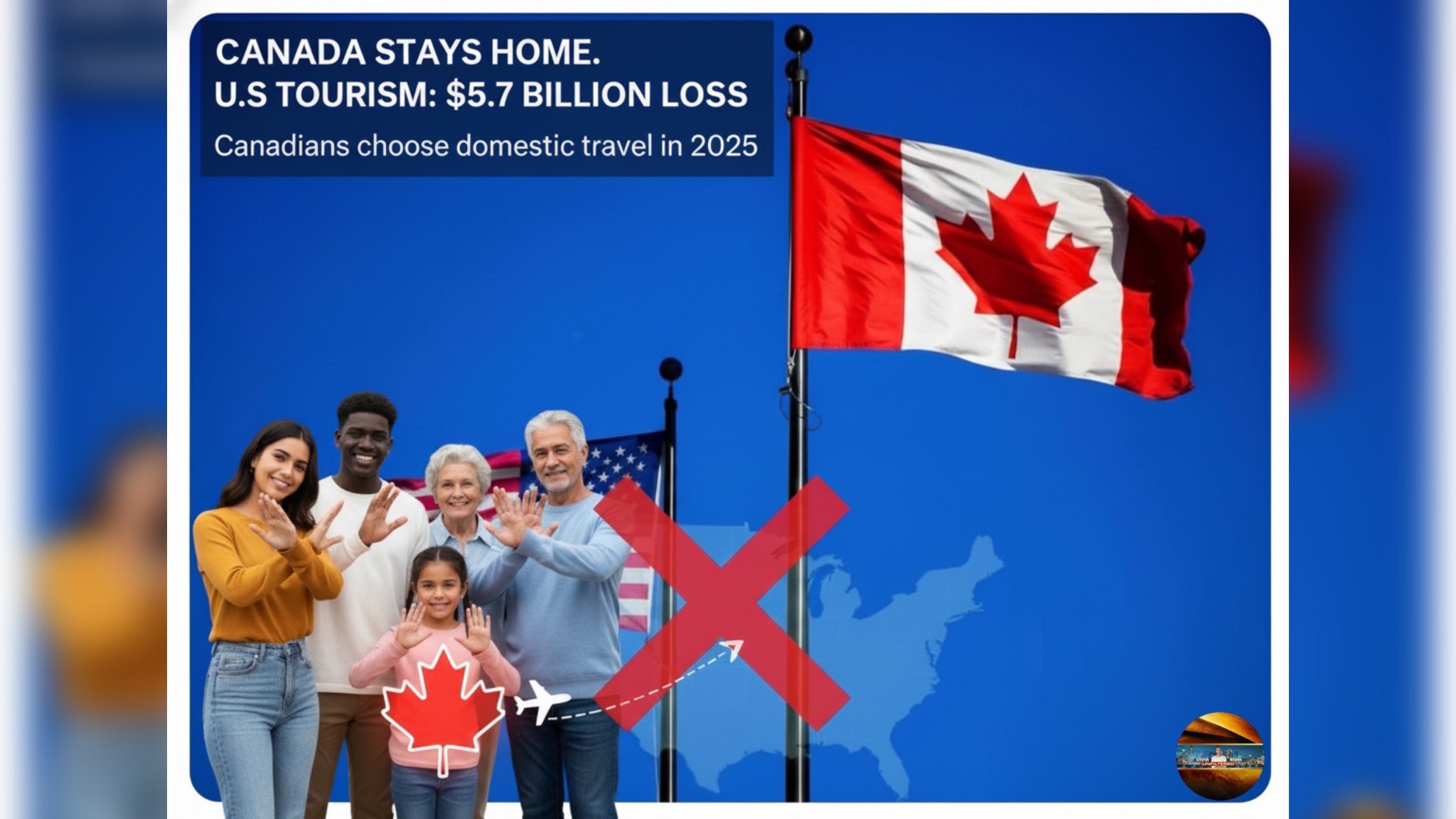G7 Summit in Disarray: Trump Storms Out Early Amid Middle East Tensions and Public Fallout
- Naomi Dela Cruz
- Canada
- June 17, 2025

G7 Summit Unravels: Trump Walks Out Early, Carney Interjects at Press Release, and Global Unity Frays
What began as a high-stakes gathering of the world’s leading democracies ended in confusion, visible tension, and a public relations mess. The 2025 G7 Summit in Alberta, Canada, took a dramatic turn when U.S. President Donald Trump abruptly departed a full day early, citing escalating tensions between Israel and Iran. But behind the official excuse lay a series of awkward moments, sharp public exchanges, and growing diplomatic disarray that many observers say marked a low point for the G7 in its current form.
The official line from the White House was that Trump returned to Washington to monitor the situation in the Middle East. On Truth Social, he urged American citizens to “immediately evacuate Tehran,” prompting further speculation about the seriousness—or theatricality—of the threat. While global security concerns are real, Trump’s exit appeared more connected to breakdowns in dialogue and personal confrontations during the summit.
One of the most widely shared moments came not behind closed doors, but in front of the cameras during a public press release. As Trump launched into a diatribe about the 2014 expulsion of Russia from the G8—blaming former U.S. President Barack Obama and “a person named Trudeau”—he was abruptly cut off by Canadian Prime Minister Mark Carney. In a firm but visibly annoyed tone, Carney interrupted: “Mr. President, I think you’ve answered a lot of questions already.”
The exchange quickly went viral online. Images and clips showed Trump stiff and defensive, arms crossed, while Carney, standing beside him at the podium, attempted to regain control of the moment. The body language alone fueled analysis and memes, but it was the nature of the interruption—public, unscripted, and widely interpreted as necessary—that ignited debate.
Still, the incident didn’t portray any leader in an especially flattering light. The summit, by all accounts, felt off-balance. The press release was supposed to present a unified G7 front in a time of escalating global conflict. Instead, it became the scene of an impromptu shutdown of the American president mid-sentence.
Inside the summit, sources described Trump as disengaged and fixated on side topics like Russia and trade grievances. At photo ops and working sessions, Trump’s body language signaled detachment—leaned back, arms crossed—while the rest of the group attempted to stay on message. Talks on climate policy, trade, and Ukraine were overshadowed by the chaos of his behavior.
Despite this, the remaining G7 leaders signed a joint communique reaffirming key positions: that Iran must never obtain a nuclear weapon and that a Gaza ceasefire must be prioritized. But the statement was largely drowned out by the spectacle of Trump’s exit and the disruption that preceded it.
Public reaction was swift and sharp. On platforms like X, Reddit, and YouTube, users from Canada and the U.S. expressed embarrassment over the summit’s tone and outcome. One top Reddit comment summed up the sentiment: “That wasn’t diplomacy. That was a meltdown.” Another added, “The G7 might as well drop the 7 at this point.”
It’s not the first time the G7 has felt like a fractured institution during Trump’s tenure, but this episode may be the clearest sign yet that the so-called “G6 + 1” split is becoming permanent. With the U.S. increasingly diverging on foreign policy, trade, and multilateralism, the question no longer is whether the G7 is divided—it’s whether it can still function as a unified body at all.
Trump’s early departure left a vacuum that even a carefully worded communique couldn’t fill. The post-summit narrative wasn’t about progress or cooperation—it was about dysfunction, finger-pointing, and the ever-widening gap between the U.S. and its closest allies.
If Alberta was meant to reaffirm G7 leadership in a time of global crisis, the result was just the opposite. The world watched, and what it saw was a summit hijacked by personal disputes, political grandstanding, and the looming possibility that the G7 may not stay seven for much longer.








